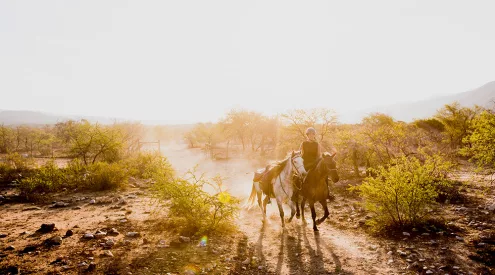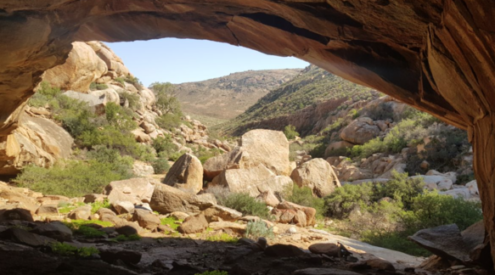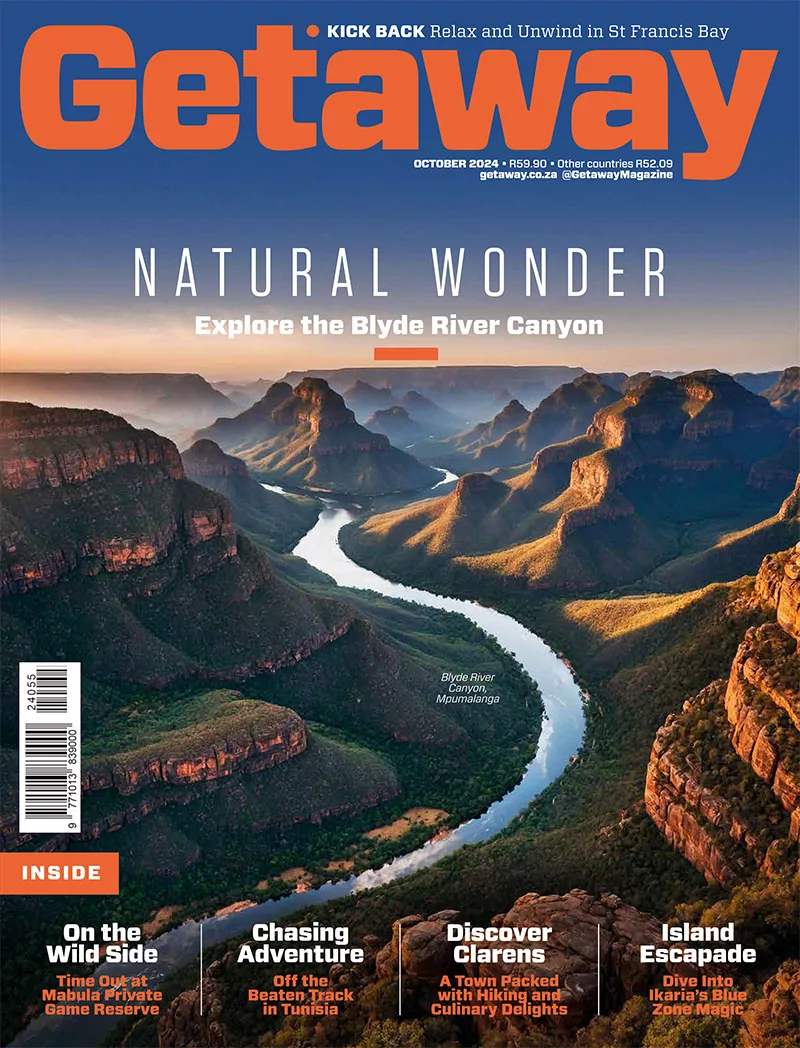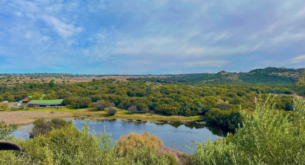The first complete and modern global distribution map of bees has been created.
The study that compiled the map, led by Michael Orr, a Post Doctoral Fellow at the Institute of Zoology at Chinese Academy of Sciences, was published in Current Biology.
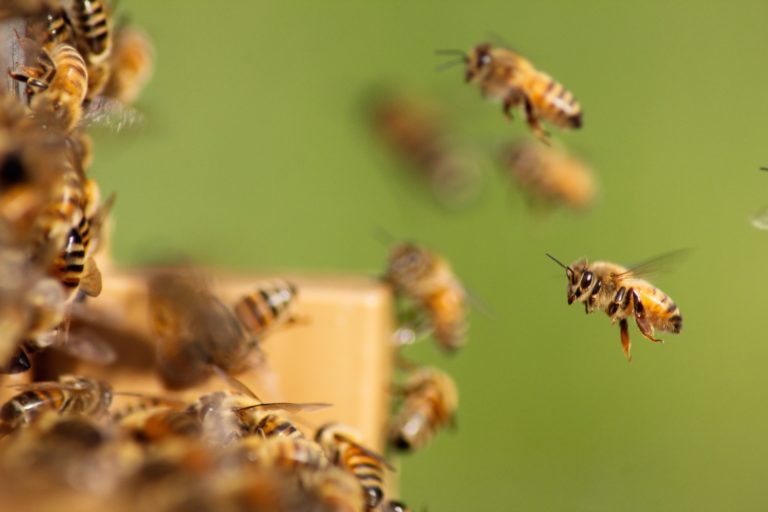
Scientists now have a clearer idea of the world’s bee distribution.
‘People think of bees as just honey bees, bumble bees, and maybe a few others, but there are more species of bees than of birds and mammals combined,’ senior author John Ascher, assistant professor of biological sciences at the National University of Singapore said according to Science Daily.
‘The United States has by far the most species of bees, but there are also vast areas of the African continent and the Middle East which have high levels of undiscovered diversity, more than in tropical areas.’
To create this extensive map, the team compared data about the occurrence of individual bee species to a checklist of over 20,000 species compiled by Ascher.
‘Bees provide essential services to our ecosystems and are the major pollinators of many of our staple foods’, said co-author Alice Hughes of the Chinese Academy of Sciences in Yunnan to BBC. ‘Yet, until now, we have not had the data to show where on the planet most species are.’
‘Here we combine millions of records to create the first maps of global bee richness, and understand why we see these patterns,’ she added.
‘These maps, and our framework, can then form the basis of future work, enabling us to better understand patterns of bee richness and ensure that they are effectively conserved into the future.’
In South Africa, roughly 80% of our honeybees still live in the wild, but many species of bees worldwide are threatened by climate change and declining biodiversity.
Picture: Unsplash


